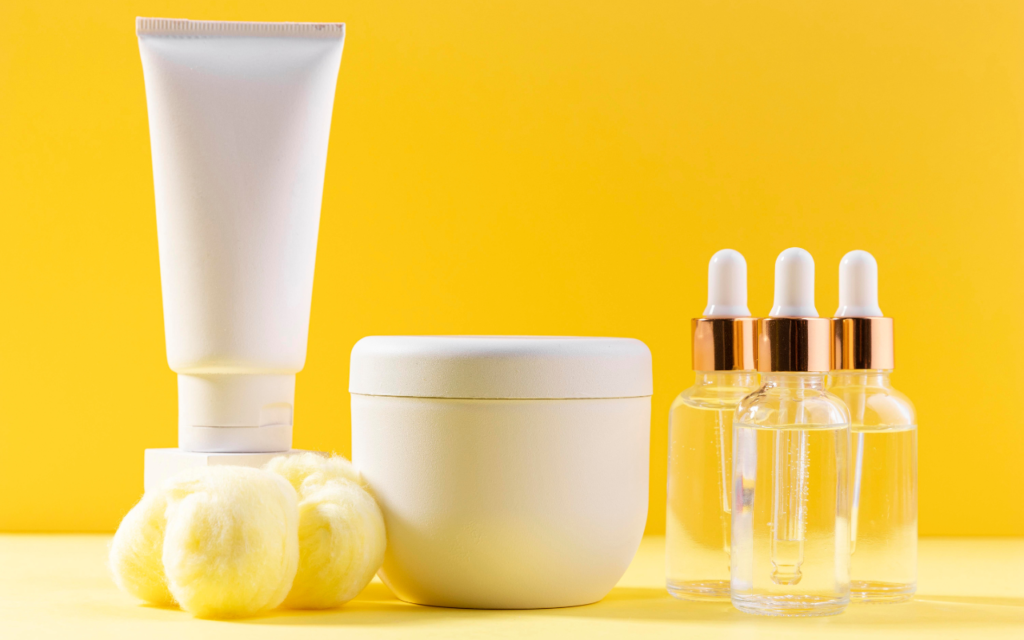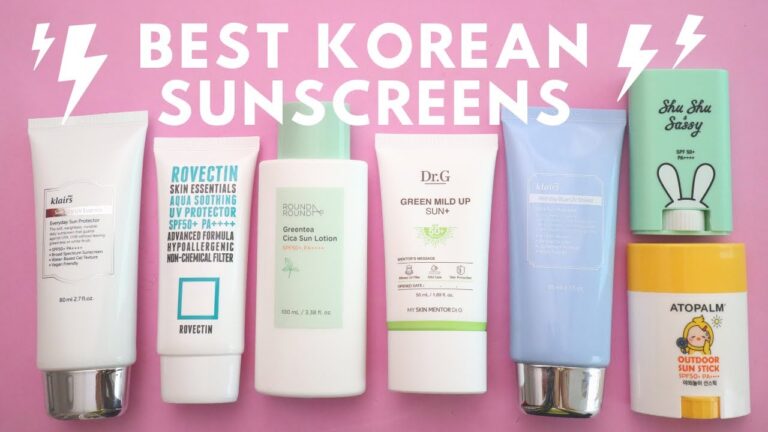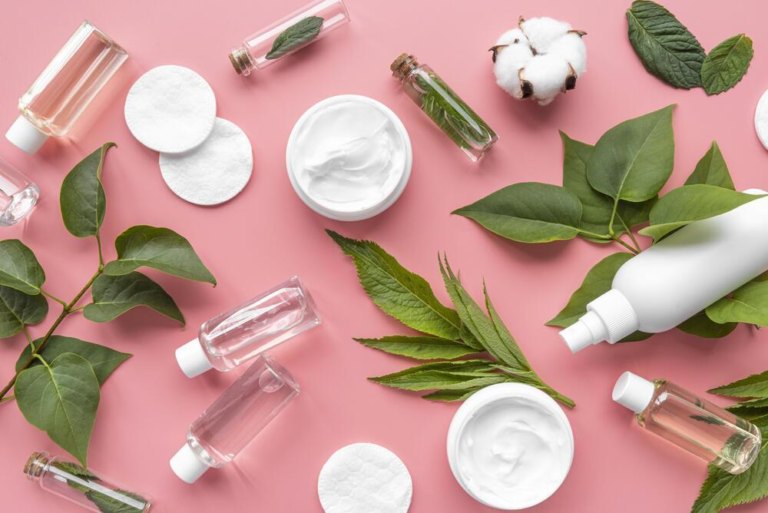
In recent years, the skincare industry has witnessed a significant shift towards harnessing the power of the skin microbiome— the diverse community of microorganisms that reside on our skin’s surface. Probiotics and prebiotics, once primarily associated with digestive health, have emerged as key ingredients in cosmetic formulations aimed at promoting skin health and enhancing the skin’s natural barrier function. This article explores the science behind probiotics and prebiotics in skincare, their benefits, applications, and the future implications of microbiome-based cosmetics.
Understanding the Skin Microbiome
The skin microbiome comprises trillions of bacteria, fungi, viruses, and other microorganisms that coexist in symbiosis with the human body. These microorganisms play a crucial role in maintaining skin health by regulating pH levels, supporting immune function, and protecting against harmful pathogens. Disruptions in the skin microbiome, often caused by factors such as harsh skincare products, environmental stressors, and antibiotics, can lead to various skin conditions, including acne, eczema, and premature aging.
Probiotics vs. Prebiotics: What’s the Difference?
Probiotics: Probiotics are live microorganisms—typically beneficial bacteria—that when applied topically, can help restore and maintain a balanced skin microbiome. Common probiotic strains used in skincare include Lactobacillus and Bifidobacterium, which have been shown to exhibit anti-inflammatory properties, strengthen the skin barrier, and promote wound healing.
Prebiotics: Prebiotics are non-digestible fibers that serve as food for beneficial microorganisms already present on the skin. By nourishing the existing microbiota, prebiotics help support a healthy skin microbiome and enhance its protective functions. Examples of prebiotics used in cosmetics include inulin, fructooligosaccharides (FOS), and galactooligosaccharides (GOS).
Benefits of Probiotics and Prebiotics in Cosmetics
1. Enhanced Skin Barrier Function
Probiotics and prebiotics help strengthen the skin barrier by promoting the production of ceramides and other lipids essential for maintaining skin hydration and integrity. A robust skin barrier is crucial for protecting against environmental pollutants, UV radiation, and moisture loss.
2. Anti-Inflammatory Properties
Beneficial bacteria in probiotics produce antimicrobial peptides and metabolites that help reduce inflammation and soothe irritated skin. This can be beneficial for individuals with sensitive skin conditions like rosacea or eczema.
3. Balancing Skin pH
The acidic pH of healthy skin is maintained in part by beneficial bacteria. Probiotics help regulate skin pH, creating an environment that is less favorable for the growth of harmful bacteria and fungi associated with skin infections.
4. Supporting Skin Immunity
A diverse and balanced skin microbiome supports the immune system’s response to pathogens and environmental stressors, helping to prevent infections and maintain overall skin health.
5. Anti-Aging Effects
Emerging research suggests that probiotics and prebiotics may have anti-aging benefits by promoting collagen production, reducing oxidative stress, and improving skin elasticity and texture over time.
Applications of Probiotics and Prebiotics in Skincare
Probiotics and prebiotics are incorporated into skincare products in various forms, including:
Serums and Moisturizers: Formulated with probiotic lysates or extracts to deliver concentrated benefits to the skin.
Cleansers and Toners: Gentle formulations that respect the skin’s natural microbiome while cleansing and balancing.
Masks and Treatments: Intensive treatments designed to replenish and nourish the skin microbiome for enhanced hydration and radiance.
Future Directions and Considerations
As research on the skin microbiome advances, so too will our understanding of how probiotics and prebiotics can be optimized for skincare efficacy. Future considerations in the development of microbiome-based cosmetics include:
Personalized Skincare: Tailoring formulations to individual skin microbiome profiles for personalized skincare regimens.
Regulatory Standards: Establishing regulatory guidelines for claims related to probiotics and prebiotics in cosmetics to ensure consumer safety and efficacy.
Environmental Impact: Considering sustainable sourcing practices and biodegradable formulations to minimize the environmental footprint of microbiome-based skincare products.
Conclusion
Probiotics and prebiotics represent a revolutionary approach to skincare, leveraging the symbiotic relationship between microorganisms and the skin to promote health and beauty from within. By nurturing the skin microbiome with beneficial bacteria and supporting its natural functions with prebiotic nutrients, microbiome-based cosmetics offer a promising avenue for achieving healthy, radiant skin. As scientific understanding deepens and innovation continues, the integration of probiotics and prebiotics into skincare routines holds tremendous potential to transform the future of beauty, offering solutions that are both effective and sustainable in promoting long-term skin health and vitality.


